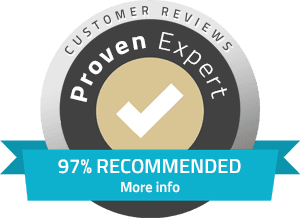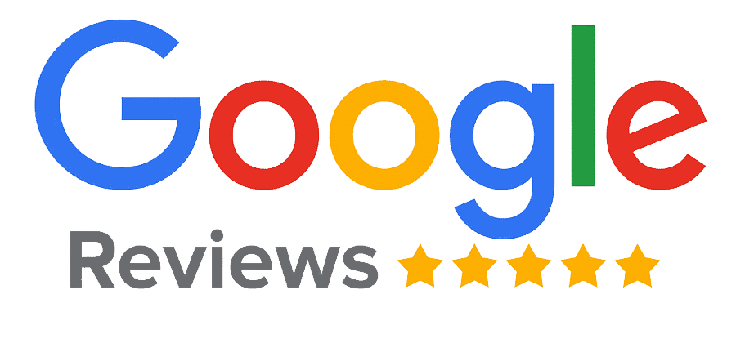Digital marketing can be conducted across various online platforms and channels, each offering unique benefits and targeting capabilities.
1. Search Engines
Search Engine Optimization (SEO): Enhancing website content and structure to rank higher in organic search results on search engines like Google and Bing.
Search engine paid advertising is known as pay-per-click, or PPC, advertising. Businesses can bid on keywords to display their advertising on well-known platforms like Google advertising and Bing Ads.
2. Social Media Platforms
Facebook: Creating business pages, running ads, engaging with users through posts and comments, and utilizing Facebook Groups.
Instagram: Sharing visual content, using Instagram Stories and Reels, running ads, and collaborating with influencers.
Twitter: Posting tweets, engaging with followers, using Twitter Ads, and participating in Twitter chats.
LinkedIn: Publishing articles, posting updates, using LinkedIn Ads, and engaging in professional groups and communities.
Pinterest: Sharing visual content, using Pinterest Ads, and creating boards that align with user interests.
TikTok: Creating short-form video content, running TikTok Ads, and engaging with users through trends and challenges.
3. Content Platforms
Blogs: Writing and publishing articles on your website or guest posting on other sites to drive traffic and build authority.
YouTube: Creating and sharing video content, running YouTube Ads, and engaging with viewers through comments and community posts.
Medium: Publishing articles to reach a wider audience and drive traffic back to your site.
4. Email Marketing
Email Campaigns: Sending newsletters, promotional offers, and updates to subscribers using platforms like Mailchimp, Constant Contact, or Sendinblue.
Automated Emails: Setting up automated sequences for onboarding, follow-ups, and re-engagement.
5. Affiliate Marketing
Affiliate Networks: Partnering with affiliates who promote your products or services on their platforms in exchange for a commission. Popular networks include ShareASale, CJ Affiliate, and Amazon Associates.
6. Online Marketplaces
E-commerce Platforms: Selling products on platforms like Amazon, eBay, and Etsy, and using their advertising options to boost visibility.
Niche Marketplaces: Leveraging specialized marketplaces that cater to specific industries or product types.
7. Paid Advertising Platforms
Display Advertising: Running banner ads on websites through networks like Google Display Network and Facebook Audience Network.
Native Advertising: Integrating ads within the content on platforms like Taboola and Outbrain to provide a seamless user experience.
8. Mobile Marketing
App-Based Advertising: Running ads within mobile apps using platforms like AdMob and Facebook Audience Network.
SMS Marketing: Sending promotional messages and updates directly to users’ mobile phones.
9. Influencer Marketing
Social Media Influencers: Partnering with influencers on platforms like Instagram, YouTube, and TikTok to promote products and services.
Blog Influencers: Collaborating with bloggers to create content and reviews that drive traffic and conversions.
10. Online Communities and Forums
Reddit: Participating in relevant subreddits, running ads, and engaging in discussions.
Quora: Answering questions related to your industry and using Quora Ads to promote your content.
Industry-Specific Forums: Engaging with niche communities and sharing valuable insights and content.
11. Podcasting
Creating a Podcast: Producing your own podcast to build a loyal audience and promote your brand.
Sponsorships: Sponsoring popular podcasts to reach a specific audience.
12. Virtual Events and Webinars
Hosting Webinars: Providing valuable information and engaging directly with your audience.
Virtual Conferences: Participating in or sponsoring virtual events to network and promote your products or services



